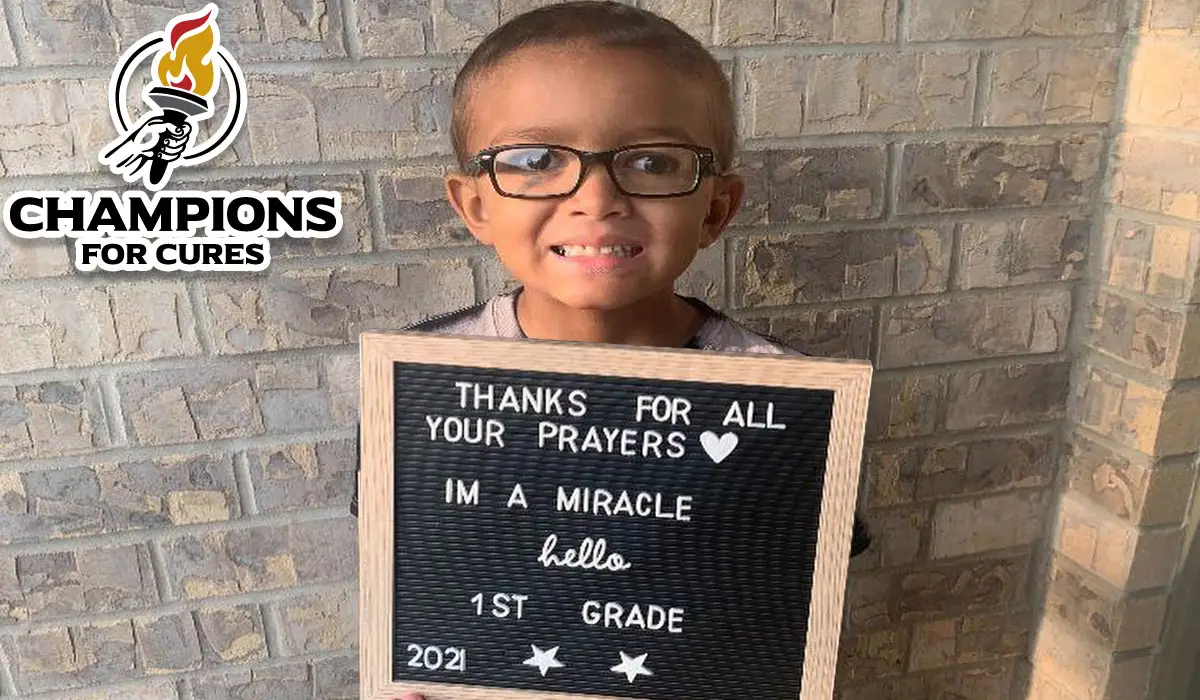
Healthy Lifestyle: Empowering Cancer Patients Through Self-Care
Empowering Cancer Patients The Tools They Need To Take Care Of Themselves
Dive headfirst into the heart of Champions For Cures, where we’re not just playing a game. We’re changing lives. Our mission is clear and compelling: to fight against cancer with every swing, event, and donation. We stand with cancer patients and their caregivers, providing support when it is most needed. But we can’t do it alone. We need you. Donate, sponsor, participate, or nominate a Champion. Your involvement can make a real, tangible difference. Join us. Together, we can drive cancer into the rough and celebrate victory on the green.
Understanding The Importance Of Promoting A Healthy Lifestyle In Cancer Treatment
Promoting a healthy lifestyle is our mission at Champions for Cures. We believe that a healthy lifestyle can significantly improve the treatment outcome for cancer patients. It’s not just about the medical treatments but also about our daily choices. These choices can empower patients, giving them control over their health and well-being.
The Role Of Self-Care Practices In Improving Treatment Outcomes
Self-care practices are integral to maintaining a healthy lifestyle. They can help manage the physical and emotional stress of cancer treatment. By focusing on self-care, patients can enhance their quality of life and improve their treatment outcomes.
The Impact Of A Nutritious Diet On Cancer Treatment
A nutritious diet is a powerful tool in the fight against cancer. It can help strengthen the immune system, improve energy levels, and aid recovery. We encourage our Champions to make healthy lifestyle choices by incorporating a balanced diet into their daily routine.
Making Healthy Lifestyle Choices: Tips For A Cancer-Friendly Diet
Choosing the right foods can be a challenge, especially during cancer treatment. We recommend focusing on whole foods, lean proteins, fruits, vegetables, and whole grains. Hydration is also crucial. Remember, every small change can make a big difference.
Real-Life Stories: How Diet Changes Have Positively Affected Treatment Outcomes
We’ve seen firsthand how a nutritious diet can positively impact treatment outcomes. Our Champions have shared inspiring stories of how dietary changes have helped them feel stronger and more energized during their treatment.

The Benefits Of Physical Activity During And Post-Cancer Treatment
Physical activity is another key component of a healthy lifestyle. It can help manage side effects, improve moods, and boost overall health. We encourage our Champions to engage in safe and practical exercises tailored to their abilities and treatment stage.
Safe And Effective Exercises For Cancer Patients
It’s important to choose exercises that are enjoyable and suitable for your current fitness level. This could be anything from a gentle walk to yoga or strength training. Always consult with your healthcare provider before starting a new exercise routine.
Real-Life Stories: How Physical Activity Has Empowered Cancer Patients
Our Champions have found strength and empowerment through physical activity. Their stories testify to the power of movement to promote health and well-being during cancer treatment. Have a look at one of our current stories. Please support Lucas Gidelski!
The Importance Of Managing Stress In Cancer Treatment
Managing stress is crucial during cancer treatment. High-stress levels can impact your physical health and emotional well-being. We encourage our Champions to find stress management techniques that work for them, such as meditation, deep breathing, or journaling.
The Role Of Adequate Rest In Promoting A Healthy Lifestyle
Adequate rest is as important as diet and exercise in promoting a healthy lifestyle. It allows the body to heal and recharge. We encourage our Champions to prioritize sleep and rest, ensuring they have the energy to face each new day.
Practical Self-Care Practices For Stress Management And Rest
Self-care practices can help manage stress and ensure adequate rest. This could include establishing a regular sleep schedule, creating a restful environment, and incorporating relaxation techniques into your daily routine. Remember, self-care is not a luxury but a necessity.
Conclusion
At Champions for Cures, we believe in the power of promoting a healthy lifestyle and empowering cancer patients through self-care. We’ve seen how these practices can improve treatment outcomes and enhance the quality of life for our Champions. We invite you to join us in our mission. Whether you choose to donate, sponsor, participate in our events, or nominate a Champion, your support makes a difference. Together, we can make a significant impact in the fight against cancer. Thank you for being a part of our community.
Ready to join us in our mission? Visit our website to learn more about our work, our Champions, and how you can contribute. You can donate, become a sponsor, or participate in our events. You can also nominate a Champion who is fighting this battle. Every contribution, no matter how small, can make a big difference. Let’s tee off together for a cause!
Frequently Asked Questions
Promoting a healthy lifestyle for cancer patients involves encouraging behaviors that contribute to overall health and well-being. This includes maintaining a nutritious diet, engaging in regular physical activity, managing stress effectively, ensuring adequate rest, and practicing self-care.
A nutritious diet can significantly impact cancer treatment by strengthening the immune system, improving energy levels, and aiding in recovery. Eating a balanced diet rich in fruits, vegetables, lean proteins, and whole grains can help the body better cope with the side effects of treatment.
The type of physical activity recommended for cancer patients can vary depending on their current health status and the stage of their treatment. However, gentle exercises like walking, yoga, or light strength training can be beneficial. It’s always important to consult a healthcare provider before starting any new exercise routine.
Managing stress is crucial during cancer treatment because high-stress levels can impact both physical health and emotional well-being. Stress management techniques such as meditation, deep breathing, or journaling can help patients cope with the emotional challenges of a cancer diagnosis and treatment.
Adequate rest is essential for cancer patients, allowing the body to heal and recharge. Good quality sleep can improve mood, boost the immune system, and enhance the overall quality of life.
Establishing a regular sleep schedule, furnishing a restful environment, incorporating relaxation techniques into daily activities, maintaining a balanced diet, and engaging in physical activity by a healthcare provider’s recommendations are all examples of effective self-care practices for cancer patients.
Promoting a healthy lifestyle can empower cancer patients by giving them an active role in their treatment process. By making healthy lifestyle choices, patients can improve their physical health, manage treatment side effects better, and enhance their emotional well-being.
Yes, a healthy lifestyle can potentially improve treatment outcomes for cancer patients. Good nutrition, regular physical activity, stress management, and adequate rest can all contribute to a more robust immune system and better overall health, which can help the body respond more effectively to treatment.
Healthy lifestyle choices for cancer patients can include eating a balanced, nutritious diet, staying physically active as per their ability and treatment stage, managing stress through relaxation techniques, ensuring adequate rest, and practicing regular self-care.
Caregivers can support cancer patients in promoting a healthy lifestyle by helping them plan and prepare nutritious meals, encouraging regular physical activity, providing emotional support to manage stress, and ensuring they get adequate rest. Caregivers can also help patients establish and maintain everyday self-care practices.

